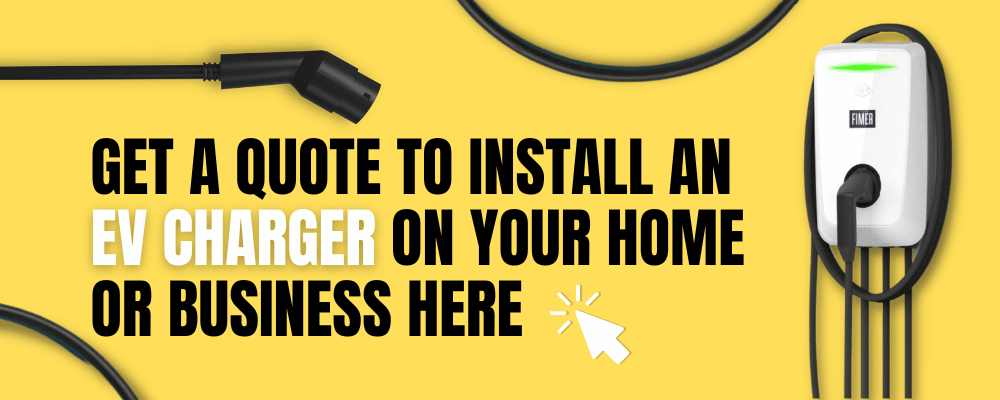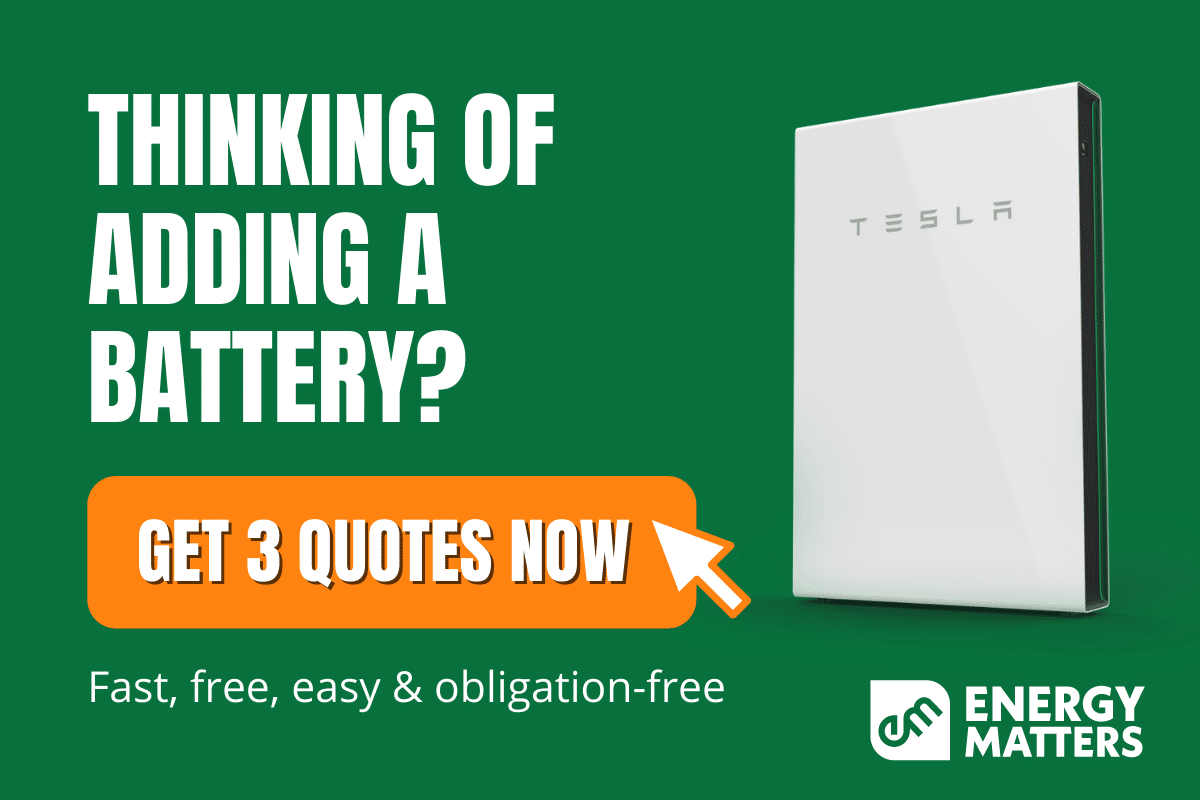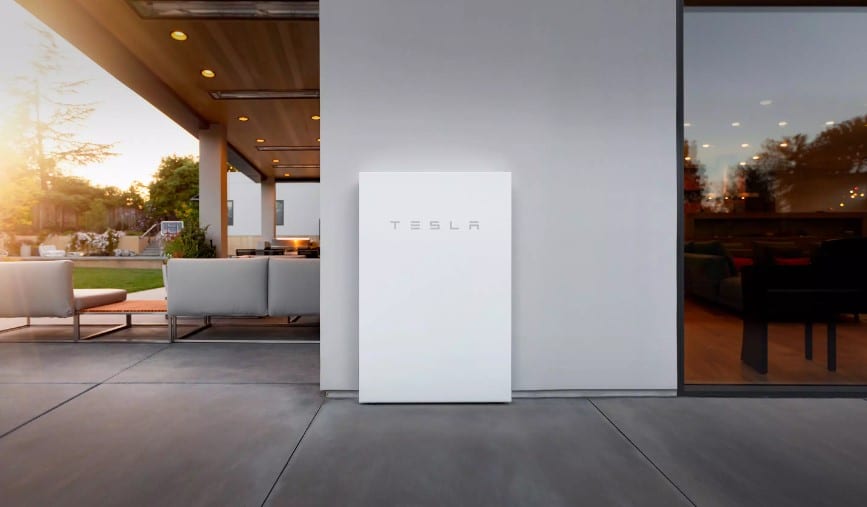
Home solar energy batteries are becoming more common in Australian houses. As the popularity of solar panels grows, so does the demand for solar battery storage.
Solar batteries today function similarly to any rechargeable battery in that the sun’s power recharges them. When the weather is bad, or the solar panels aren’t actively producing power, your home’s system uses the power stored in the batteries.
On this page
Configurations of batteries for AC and DC-coupled systems
Numerous battery options and configurations have been developed over time by manufacturers to suit various installations and applications. It includes options for DC-coupled batteries that work in conjunction with a hybrid or off-grid inverter, as well as well-known AC-coupled batteries like the Tesla Powerwall and Sonnen ECO, which can easily be installed in homes that already have a solar system.
- DC-coupled batteries – to function, it needs a compatible hybrid or off-grid inverter.
- AC-coupled batteries – include an integrated inverter charger and a battery.
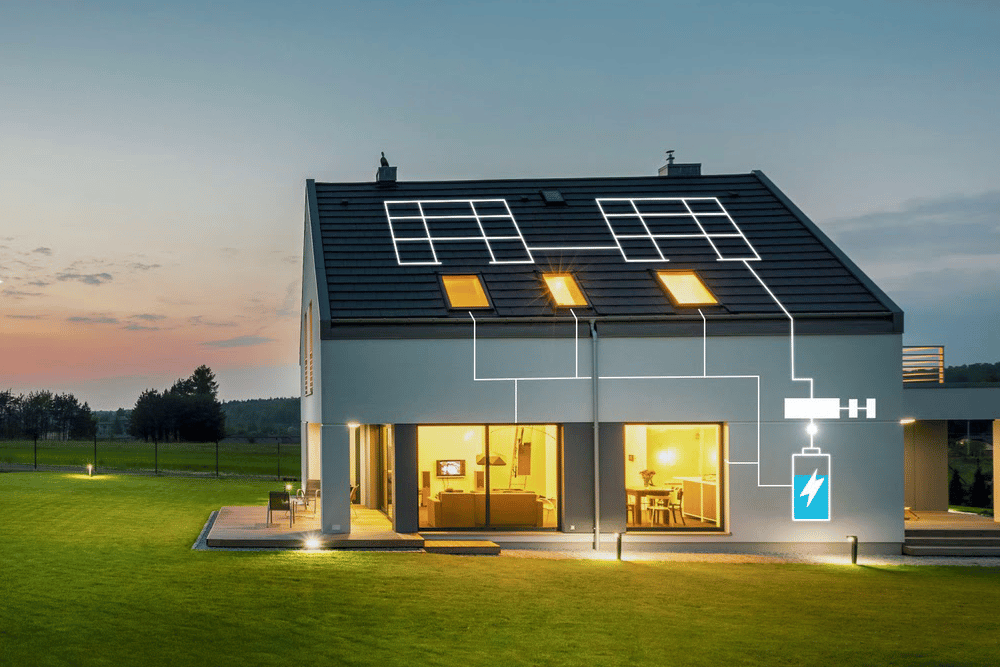
Main types of solar batteries
- Lead-acid batteries
Traditionally used for off-grid power systems but are not widely used today. They are less expensive than lithium-ion batteries but are bulkier and less flexible, have a slower charge cycle, and are sensitive to high temperatures.
- Lithium-ion batteries
In recent years, lithium-ion has become the most popular grid-connected battery chemistry. It is the same battery that powers your phone or laptop.
- Flow batteries
They are generally used for larger energy storage applications that use a pumped electrolyte like zinc bromide or vanadium ions. They are less effective at low temperatures and require more maintenance.
- Electric vehicle (EV) batteries
Some EV manufacturers consider making their car charging devices ‘bidirectional’ vehicle-to-grid functional. The energy stored in the car’s battery can be used at home or exported to the grid. It enables charging vehicles during the day from a solar PV system or overnight from the grid. The automobile battery’s stored energy can then be used to power the residence.
Check out our page to learn more about bi-directional charging using an electric vehicle.
Other types
The development of battery and storage technology is accelerating. Hybrid ion (salt water) batteries, molten salt batteries, deep cycle, etc., are some of the other available technologies.
Why should solar panels and battery storage be combined?
When the sun shines, your home’s solar panels create electricity. You can only use it to power your home during this period. Any unused solar electricity is fed into the grid.
Using as much solar power as you can generate is better than exporting it to the grid at a much lower price. Hence, it is best to use a battery with your solar panels for solar battery storage at home.
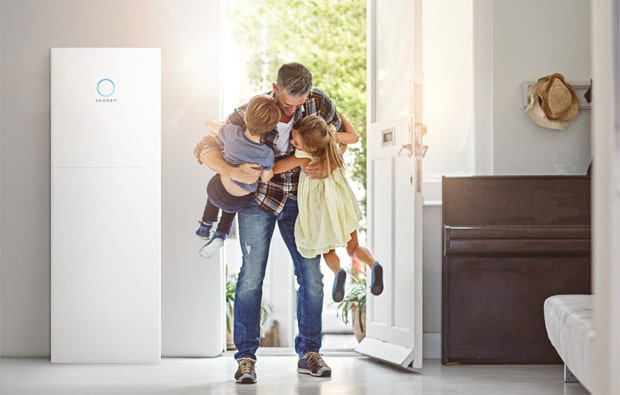
Reasons to consider
Why should you invest in a solar battery storage system for your home? Here are the top reasons you should consider installing a solar system unit consisting of solar panels and batteries.
▪ Avoid bill shock by lowering your electricity bills
One of the most significant advantages of energy storage is the possibility of cost savings in power. You could use a battery system to back up your home and do the following:
- reduce electricity retailer fees
- increase your self-sufficiency, and
- you can save some of the electricity you generate.
▪ Energy independence: Blackout protection, battery backup
As climate catastrophes grow more prevalent, so do blackouts. Our tolerance for power interruptions has decreased as more of us work from home (one of the pandemic’s legacies). Who wants to work from home only to discover the power has gone out?
When you install a solar battery, you reduce your reliance on your utility. This is fantastic news, especially if you live in a region prone to blackouts. Even if your neighbours’ power goes out, a solar battery will keep your lights on and your phones charged.
Other reasons for guaranteed continuous power include keeping medical equipment charged in an emergency, security systems, fridges and freezers containing precious perishables, and so on.
For some, the prospect of a power outage is too frightening to bear. If this is the case, it will measure the value of battery storage in more than just kilowatt-hour savings. A solar battery lets you know your power will remain even if the grid fails.
▪ Limit your losses from a feed-in tariff and generous solar battery rebates
The solar feed-in tariff has been reduced in numerous places. To counter this, you can install a storage battery to keep excess solar energy generated and use it later.
While battery storage is still quite expensive, there are attractive government rebates available in many states to help reduce the initial investment.
These rebates, combined with lowering prices as the competition among battery makers heats up, suggest that batteries may not be as expensive as you think.
▪ Lower your carbon footprint
The mix of power generation from the grid is determined by where you live in Australia. It varies depending on where you live. NSW and Queensland, for example, rely on coal-fired energy, whereas Tasmania relies on hydropower. As a result, one of the most outstanding solutions to lessen your carbon footprint in such a situation is to install solar battery storage. You may generate your energy and store it in the batteries. If you live in New South Wales or Queensland, you can reduce your carbon footprint because they use inefficient brown coal to generate energy.
▪ Trade your energy on the grid
The solar home battery storage industry is rapidly growing. Electricity companies and retailers are looking for ways to use batteries to lower wholesale market electricity prices.
Battery storage can earn premium rates for stored energy exported to the grid at the right time. As a result, your battery investment will be rewarded.
▪ No noise pollution
Unlike generators, which often use noisy internal combustion engines to convert fuel to energy, battery storage devices produce no noise that will irritate you or your neighbours.
For example, the Daintree Rainforest region in North Queensland is now dependent on approximately 4 million litres of diesel fuel per year for electricity generation. The Australian government has approved a project to build a solar farm and battery storage for the region, reducing their reliance on fossil fuel-powered generators.
Choosing the right solar battery
Keeping solar batteries in your home or business is an excellent decision because it offers numerous advantages and benefits. These are just a few of the most common decision criteria or reasons for installing a battery.
Visit our page to learn more about the best solar batteries from popular brands.
When choosing solar battery storage, it pays to do some research. It is recommended you seek multiple quotes.
Energy Matters has over 17 years of experience in the solar industry and has helped over 40,000 Australian households in their journey to energy independence.
What’s more, Energy Matters can help you make an informed decision and the perfect option on the suitability of a solar battery with our Solar Power and Battery Storage Calculator.
Contact us today, and we can connect you with our trusted local installers, who will provide up to 3 FREE quotes for your home and business solar energy system. Complete our quick quiz and begin your solar journey today!








